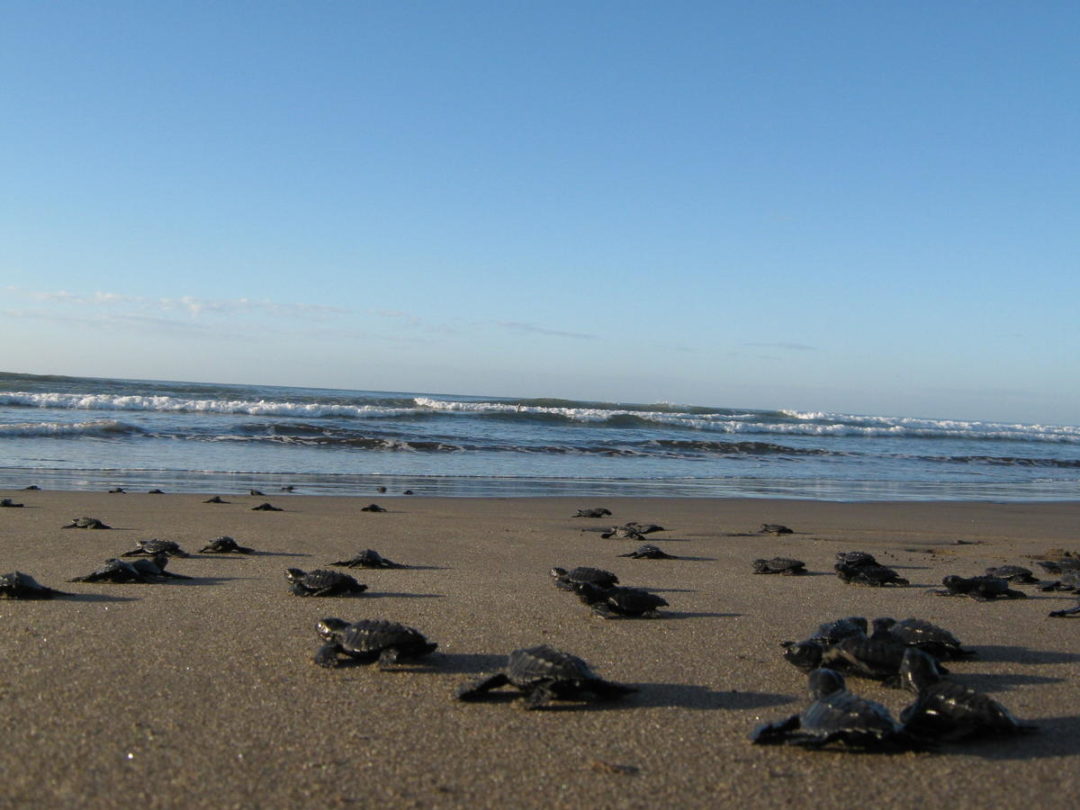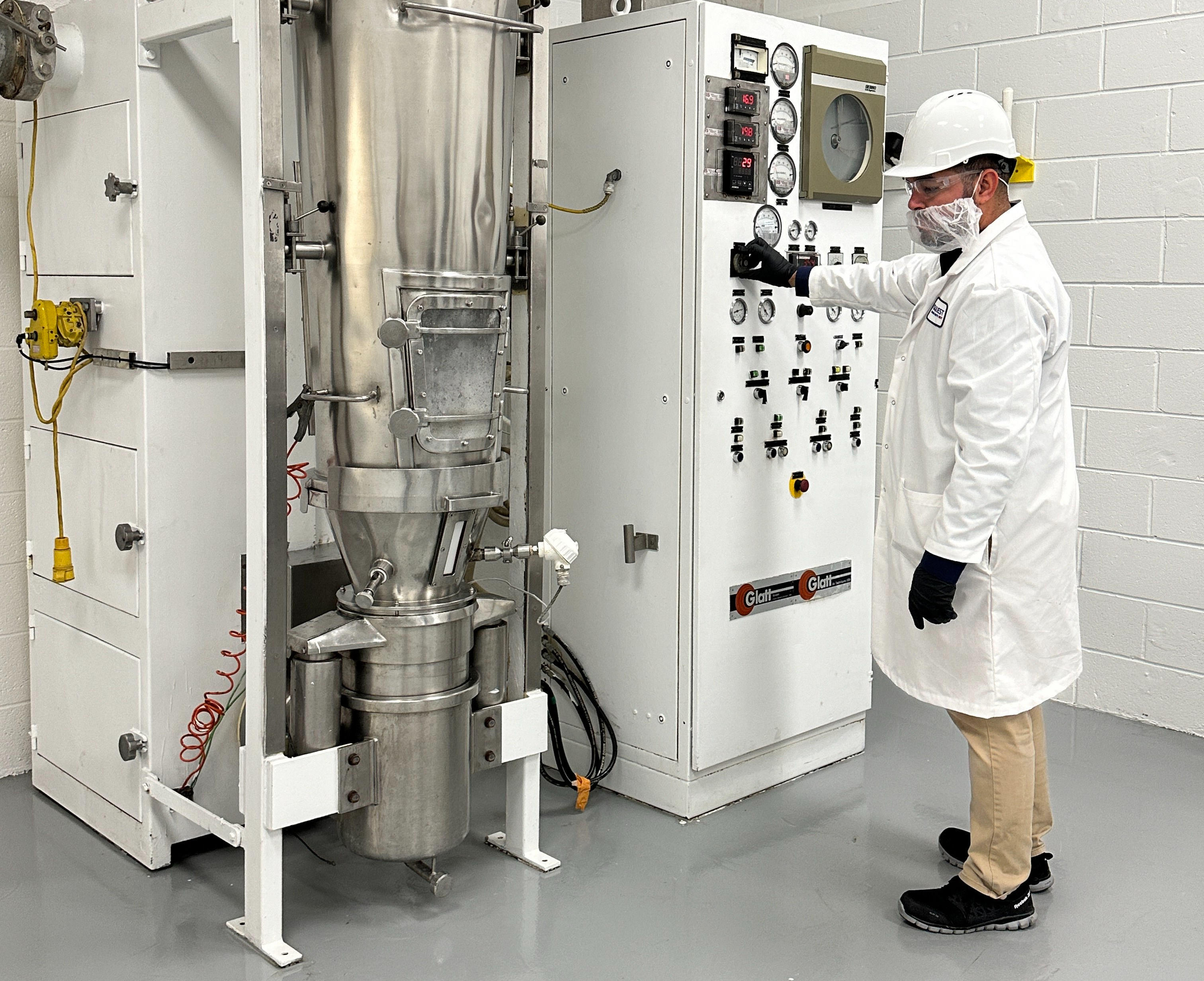In the view of Fabien Cousteau, grandson of the famous oceanographer Jacques-Yves Cousteau and a filmmaker and ocean explorer himself, the oceans are the circulatory system of the earth, and an ailing one at that. As the founder and executive director of Plant a Fish, a non-profit, all-volunteer organization dedicated to restoring ocean ecosystems and marine life in tandem with coastal communities, he seeks positive momentum in the fight to save the oceans. “The idea of Plant A Fish is to be able to have a platform that is not only an educational, but a guidance platform, and in a sense a project management resource that communities can rely on when they’re doing these restorations,” says Cousteau.
Some of the commitment necessary to allow the fledgling effort, started in 2010, to begin to have an impact came from the natural products industry. Representatives from Rainbow Light Nutritional Systems approached Cousteau about forming a sponsorship agreement for what they saw as a worthy cause, and one relevant to their line of work as purveyors of fish oil. “It really comes full circle. Taking from the ocean and then giving back to the ocean, [Plant A Fish] makes it very tangible,” says Catherine Kolumbus, senior brand manager for Rainbow Light. The specific effort that her company supports is the restoration of sea turtle populations off coastal El Salvador, which Kolumbus calls an emotional subject that she hopes retailers and consumers will get involved in.
The project involves enlisting “tortugeros,” who formerly  hunted sea turtle eggs to sell them on the black market to instead become protectors of the endangered population of eastern Pacific hawksbill turtles. They use their knowledge of egg laying cycles and egg cultivation to protect them from domestic predators and other dangers until they can be released into the ocean.
hunted sea turtle eggs to sell them on the black market to instead become protectors of the endangered population of eastern Pacific hawksbill turtles. They use their knowledge of egg laying cycles and egg cultivation to protect them from domestic predators and other dangers until they can be released into the ocean.
Cousteau says that in one year, the program turned a zero recruitment rate of these sea turtles, meaning that in the 34 beaches of El Salvador, virtually no baby sea turtles were going back to the ocean, into the release of over 230,000 turtles. This resulted from the efforts of 157 recruited tortugeros as well as the engagement of almost 900 members of local communities. The program also focuses on the education of these communities in ocean stewardship with the help of experts, as well as the training of locals in other professions, including in the tourism industry.
The impetus behind Plant A Fish came from two places for Cousteau. The first was his concern over the lack of public awareness about the health of the oceans. Where there is awareness, he notes the frequency of the questions he receives from individuals about how they can help. Secondly, there was his personal desire as a storyteller of the ocean to give back to the planet, instead of watching as the  world’s oceans become further degraded. Operating under the tagline “If you eat a fish, plant a fish,” the program strives to foster knowledge in local communities, eventually empowering them to be ocean stewards in their own back yards.
world’s oceans become further degraded. Operating under the tagline “If you eat a fish, plant a fish,” the program strives to foster knowledge in local communities, eventually empowering them to be ocean stewards in their own back yards.
Each of Plant A Fish’s programs, which also include the restoration of mangroves and coral reefs, has a manager and experts on hand to ensure the right direction is taken. Today, Cousteau can’t keep up with the requests to begin Plant A Fish initiatives all over the world. But feasibility studies must be done, and these require funds, and local communities must be deemed truly ready to take on the challenge, as well. The goal is to help improve these situations, until a community is ready to do it for themselves. “It should be the goal of any non-profit to become ultimately obsolete, because if you achieve your goals, the world will no longer need you,” Cousteau says. If El Salvador, for example, no longer needs their help in five years, he says they can plant the flag of victory there.
“Sea turtles happen to be a fantastic example in terms of the positive impact that can be made in a short amount of time,” says Cousteau, and he attributes such success to sponsors to like Rainbow Light. Their support comes through the donation of a percentage of sales of their condition-specific fish oil products, which utilize only small, non-endangered wild caught fish from Peru. “We are very diligent as an organization to make sure that all of the touch points along the production cycle are sustainable,” Kolumbus says. Company employees, along with two retailers that will be selected at the end of September, are set to travel to El Salvador to see the good that has come of the partnership. Kolumbus notes that consumers or retailers can go directly to www.plantafish.org to make a donation or contact Rainbow Light to get involved.
Published in WholeFoods Magazine, September 2012










